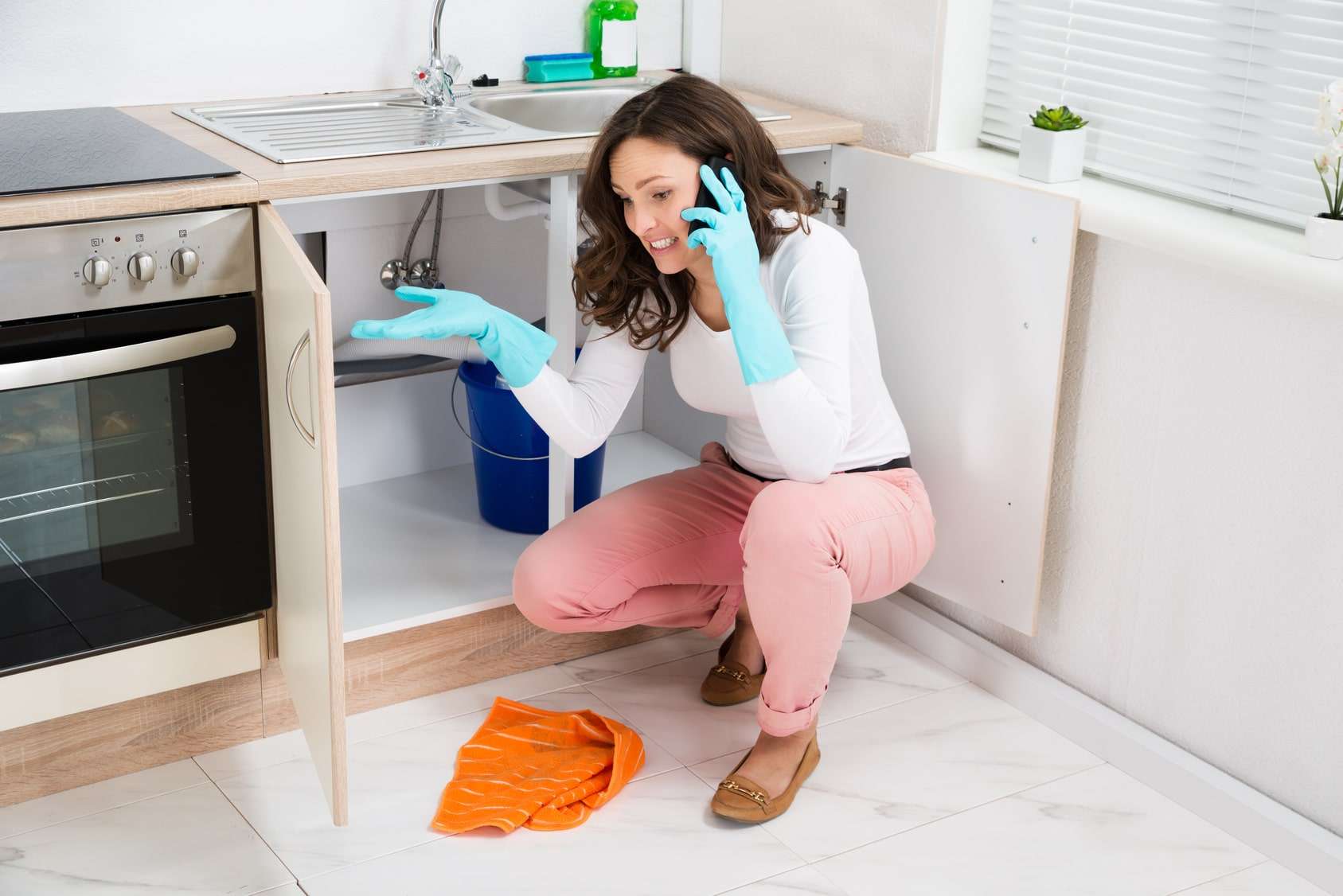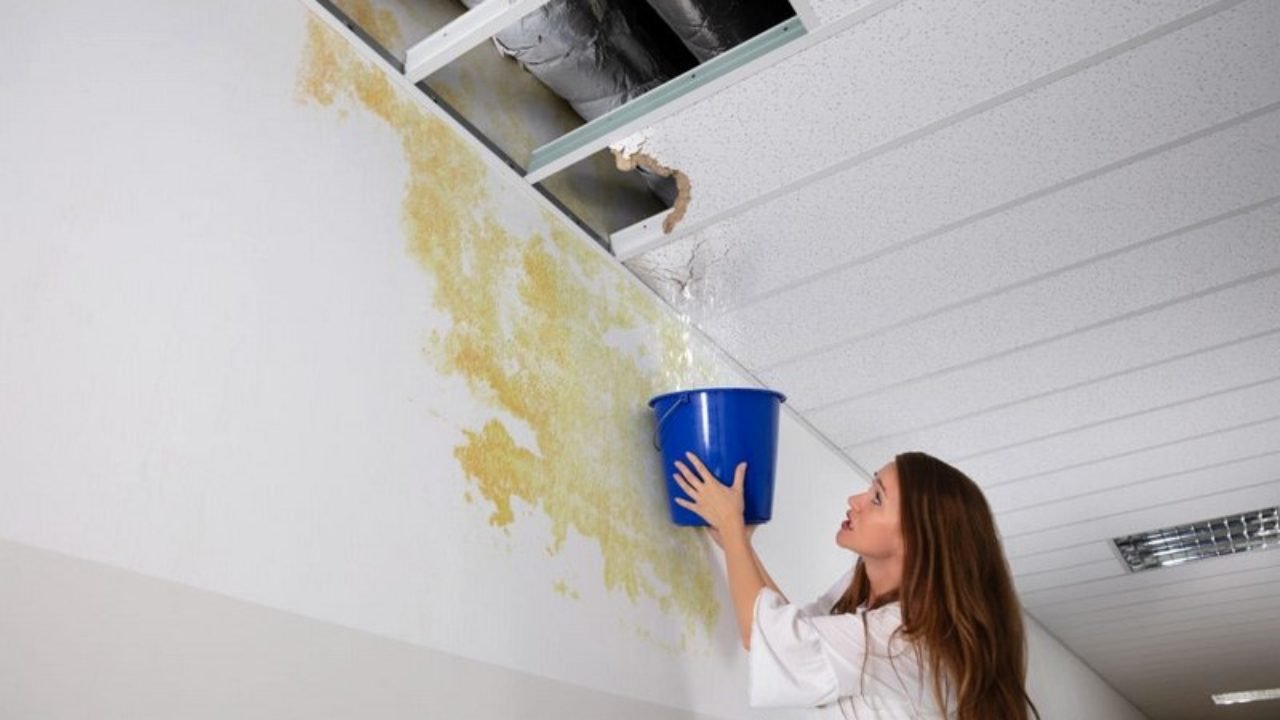Expose the Most Frequent Roots of Leakage Within Your Home
Expose the Most Frequent Roots of Leakage Within Your Home
Blog Article
Everyone maintains his or her own perception when it comes to How to detect water leaks in your home.

Leakages not only trigger waste of water however can likewise cause unneeded damages to your residence and advertise unwanted organic growth. By looking as well as recognizing for daily situations that create leaks, you can shield your house from future leakages as well as unnecessary damages.
Intruding origins
Most water leaks start outside the house instead of inside it. If you see an abrupt decline in water stress, say in your tap, require time to head out as well as analyze your backyard. You could notice damp spots or sinkholes in your yard, which could mean that tree roots are getting into water lines creating water to seep out. You can have your plumber look for breach, particularly if you have trees or hedges near your residential or commercial property.
Rusty water supply
This could be the cause of discoloration or bending on your water pipelines. If our plumbing system is old, take into consideration replacing the pipes since they are at a higher risk of corrosion than the newer designs.
Faulty Pipeline Joints
The factor at which your pipes link is regularly the weakest link in the waterline. Pipeline joints can wear away with time, leading to water leakages. Unfortunately, the majority of pipe joints are not easily visible. If you have noisy pipelines that make ticking or banging noises, particularly when the warm water is turned on, your pipeline joints are probably under a lot of pressure. It is suggested to have your plumber check your system yearly.
Immediate temperature level adjustments.
Extreme temperature level changes in our pipes can cause them to expand and acquire unexpectedly. This development as well as tightening may create cracks in the pipes, particularly if the temperature level are below freezing.
Poor Water Connectors
At times, a leakage can be caused by loosened pipes and pipes that supply your appliances. In instance of a water connections leak, you might discover water running straight from the supply line or puddles around your devices.
Obstructed Drains
Blocked drains may be irritating and inconveniencing, yet they can in some cases end up causing an overflow bring about rupture pipes. Keep eliminating any materials that may go down your drains pipes that can clog them to avoid such aggravations.
All the above are causes of leaks however not all water leaks arise from plumbing leaks; some leakages might originate from roof leakages. All leaks should be repaired immediately to avoid water damages.
Leakages not only cause waste of water but can likewise cause unnecessary damage to your residence and advertise undesirable organic development. By looking and also comprehending for daily scenarios that trigger leakages, you can protect your residence from future leakages and unnecessary damage. Today, we will look at six leak triggers that may be causing your pipes to leak.
At times, a leakage can be triggered by loosened hose pipes as well as pipes that supply your devices. In instance of a water links leakage, you might discover water running directly from the supply line or pools around your devices.
How To Check For Water Leak In Your Home
How To Check for Leaks
The average household's leaks can account for nearly 10,000 gallons of water wasted every year and ten percent of homes have leaks that waste 90 gallons or more per day. Common types of leaks found in the home are worn toilet flappers, dripping faucets, and other leaking valves. These types of leaks are often easy to fix, requiring only a few tools and hardware that can pay for themselves in water savings. Fixing easily corrected household water leaks can save homeowners about 10 percent on their water bills.
To check for leaks in your home, you first need to determine whether you're wasting water and then identify the source of the leak. Here are some tips for finding leaks:
Take a look at your water usage during a colder month, such as January or February. If a family of four exceeds 12,000 gallons per month, there are serious leaks.
Check your water meter before and after a two-hour period when no water is being used. If the meter changes at all, you probably have a leak.
Identify toilet leaks by placing a drop of food coloring in the toilet tank. If any color shows up in the bowl after 10 minutes, you have a leak. (Be sure to flush immediately after the experiment to avoid staining the tank.)
Examine faucet gaskets and pipe fittings for any water on the outside of the pipe to check for surface leaks.
Undetected water leaks can happen without the home or business owner even realizing. If you suspect a water leak, but not able to find the source. It is time to contact a professional water leak detection service, The Leak Doctor.
How To Find a Water Leak In Your Home
https://www.leakdoctor.com/blog/How-To-Check-For-Water-Leak-In-Your-Home_AE197.html

As a passionate person who reads on How to detect water leaks in your home, I thought sharing that portion was sensible. Do you know about anybody else who is involved in the topic? Please feel free to promote it. We love reading our article about How to detect water leaks in your home.
Toilet overflow? Dial! Report this page